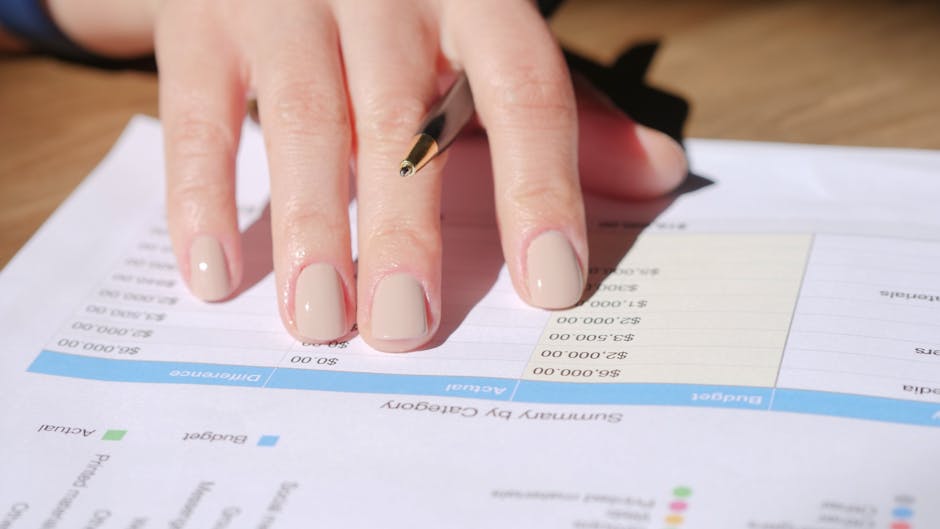
The Importance of Accurate Standards in Polygraph Examinations
Polygraph examinations, commonly known as lie detector tests, have long been a topic of both intrigue and controversy. As these tests are frequently employed in criminal investigations, employment screenings, and security clearances, the accuracy of their standards is paramount. This blog post delves into the importance of maintaining precise standards in polygraph examinations, exploring how they impact the outcomes and reliability of the tests. We’ll also provide actionable tips for ensuring accuracy in polygraph testing.
Understanding Polygraph Examinations
Before diving into the significance of accurate standards, it’s essential to understand what a polygraph examination entails. A polygraph test measures physiological responses such as heart rate, blood pressure, respiratory rate, and skin conductivity while the subject answers a series of questions. These physiological indicators are believed to change when a person is being deceptive.
The Mechanics of a Polygraph Test
During a polygraph test, sensors are attached to the subject to monitor their physiological responses. The examiner asks a mix of relevant, control, and irrelevant questions to establish a baseline and identify any deviations that may indicate deception. The data collected is then analyzed to determine if the subject is being truthful or deceptive.
The Role of Accurate Standards
Accurate standards in polygraph examinations are critical for several reasons. They ensure the reliability and validity of the test results, reduce false positives and false negatives, and maintain the credibility of the polygraph testing process. Let’s explore these aspects in detail:
Ensuring Reliability and Validity
Reliability refers to the consistency of the test results, while validity measures how accurately the test detects deception. Accurate standards help ensure that polygraph tests consistently produce reliable and valid results. According to a study published by the National Research Council, the accuracy of polygraph tests varies, with some studies reporting accuracy rates between 80% and 90%. However, these rates can only be achieved with stringent adherence to standardized procedures.
Reducing False Positives and False Negatives
False positives occur when a truthful individual is incorrectly identified as deceptive, while false negatives occur when a deceptive individual is incorrectly identified as truthful. Accurate standards help minimize these errors by providing clear guidelines for administering and interpreting the test. According to the American Polygraph Association, a well-conducted polygraph test can reduce the likelihood of false positives and false negatives significantly.
Impact on Various Fields
Accurate polygraph standards have far-reaching implications across various fields, including law enforcement, employment, and national security. Let’s examine the impact in each of these areas:
Law Enforcement
In criminal investigations, polygraph tests are often used to corroborate evidence or eliminate suspects. Accurate standards ensure that the test results are reliable, which can be crucial in determining the outcome of a case. For example, an inaccurate polygraph test could lead to wrongful convictions or allow guilty individuals to evade justice.
Employment Screenings
Many organizations use polygraph tests as part of their hiring process, especially for positions that require a high level of trust and integrity. Accurate polygraph standards help employers make informed decisions and avoid hiring individuals who may pose a risk. For instance, in the U.S., federal agencies like the FBI and CIA use polygraph tests to screen potential employees.
National Security
Polygraph tests are also employed in national security settings to vet individuals for security clearances. Accurate standards are vital to ensuring that only trustworthy individuals gain access to sensitive information. A lapse in standards could have severe consequences, such as the leakage of classified information.
Actionable Tips for Ensuring Accuracy
Maintaining accurate standards in polygraph examinations requires adherence to best practices and continuous improvement. Here are some actionable tips to ensure accuracy:
1. Follow Established Protocols
Adhering to established protocols, such as those set by the American Polygraph Association, is crucial for maintaining accurate standards. These protocols provide guidelines for administering the test, analyzing the results, and reporting findings.
2. Ensure Examiner Competence
The competence of the polygraph examiner plays a significant role in the accuracy of the test. Examiners should undergo rigorous training and certification to ensure they have the necessary skills and knowledge to conduct tests accurately.
3. Use Modern Equipment
Using modern, well-maintained polygraph equipment is essential for obtaining accurate results. Outdated or faulty equipment can lead to inaccurate readings and compromise the test’s reliability.
4. Implement Quality Control Measures
Quality control measures, such as peer reviews and regular audits, can help identify and correct any deviations from established standards. These measures ensure that polygraph examinations consistently meet high accuracy standards.
5. Stay Updated with Research
The field of polygraph testing is continuously evolving, with new research and advancements emerging regularly. Staying updated with the latest research and incorporating new findings into practice can help improve the accuracy of polygraph examinations.
Conclusion
Accurate standards in polygraph examinations are indispensable for ensuring the reliability and validity of test results. They play a crucial role in various fields, including law enforcement, employment, and national security. By following established protocols, ensuring examiner competence, using modern equipment, implementing quality control measures, and staying updated with research, we can maintain and improve the accuracy of polygraph tests. Ultimately, accurate polygraph standards contribute to fairer outcomes, greater trust in the testing process, and enhanced security.
